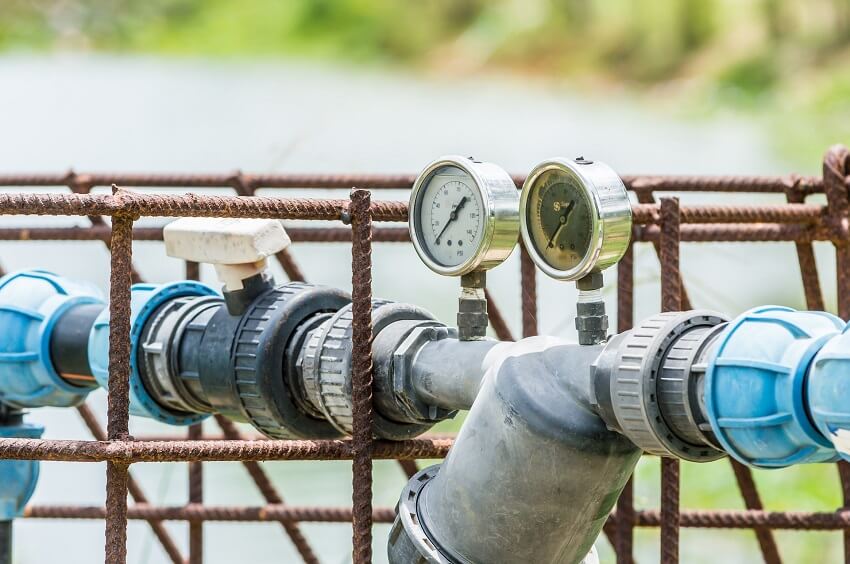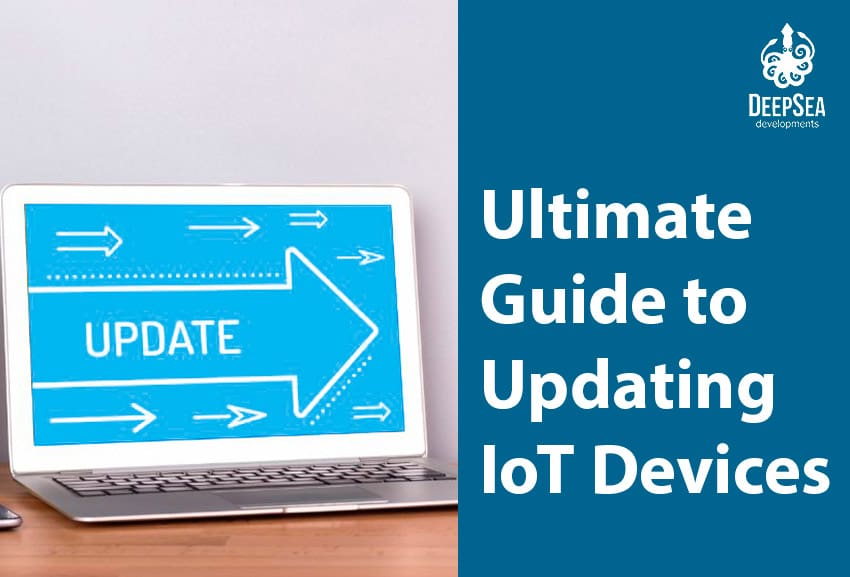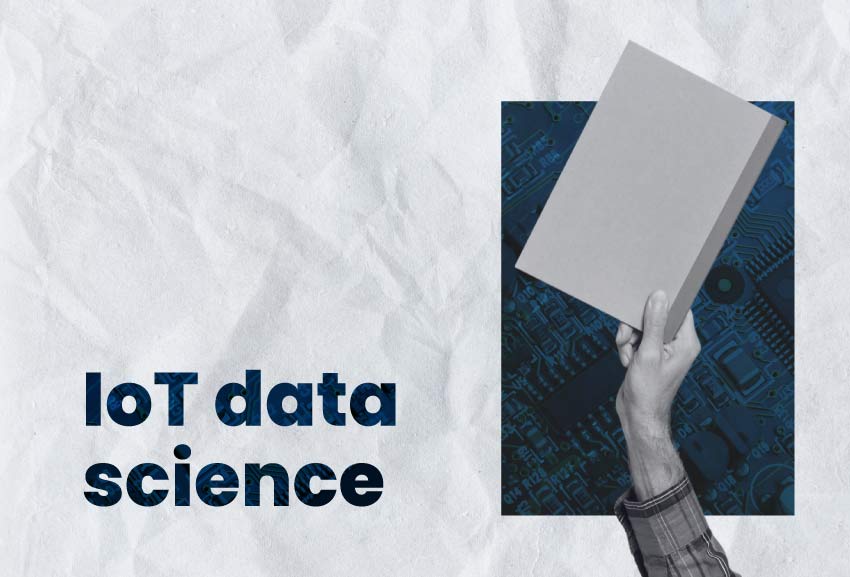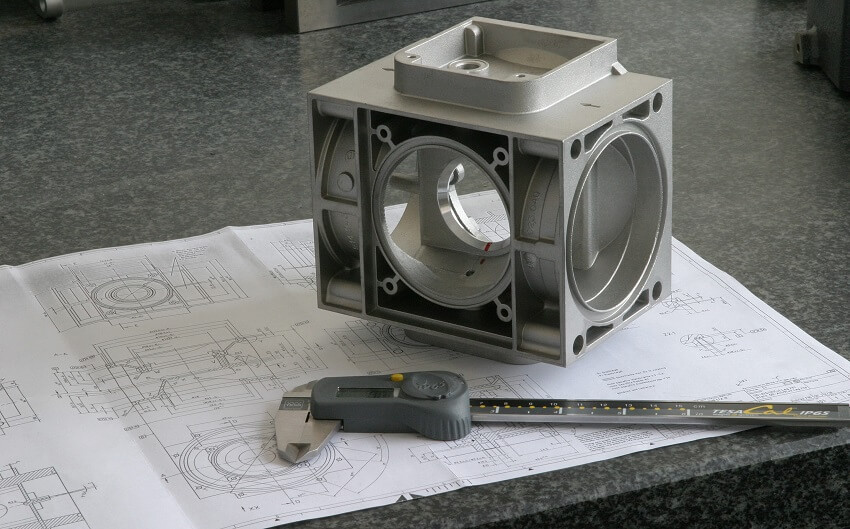Seametrics says that “by 2025, an estimated 1.8 billion people will live in areas plagued by water scarcity, with two-thirds of the world’s population living in water-stressed regions.” This pessimistic forecast must raise governments’ need to implement smart water management systems and avoid catastrophic consequences for the future.
What is smart water management?
Smart water management implies that many systems and devices are connected through IoT, with the goal of monitoring, controlling, and regulating the usage, costs, and quality of water.
Through smart water systems, utilities can be more productive, since they can establish public policies with the help of real-time data gathered by IoT devices. These policies can lead to improved water quality, control over leakage, appropriate programmed maintenance in aqueducts, and diminish operative costs.
Why is it necessary to implement smart water management in the cities?
The main benefit of implementing smart water management in the cities is to reduce the current waste of water worldwide. According to Seametrics, “If current usage trends don’t change, the world will have only 60 percent of the water it needs in 2030.” And “By 2050, 1 in 5 developing countries will face water shortages (UN’s Food and Agriculture Organization).”
Implementing IoT in water is not a solution for the potential upcoming water scarcity in the world. However, it is a necessary strategy to discover how water collectors, treatment plants, distribution networks and wastewater recycling centers can function from now on to guarantee the availability of clean water for future generations.
The Washington State Department of Health shares an interesting fact, “The average person unknowingly wastes up to 30 gallons of water every day.” Using technology in water management will not only help the governments or utilities to preserve this precious natural resource, but also, it can educate citizens on the importance of taking care of this resource.
Governments can create apps that along with IoT in the different homes can measure in real time how much water they are wasting and send alerts or notifications on how to manage water in a better way. If necessary, this app may be used for charging more money to houses that are wasting a lot of water for no reason.
IoT water management systems may enhance consumption monitoring from homes, offices, farms, and big industries, but a lot of pedagogy is needed for the management of this resource to improve considerably.
Benefits of combining IoT and water management
There are many IoT benefits for water management. Costs are optimized, water is preserved, better quality of the water, smart irrigation, and smart water management.
Optimized cost
IoT is a great opportunity for utilities to reduce operational costs in the long term, since automatization, strategies founded on reliable data, good maintenance, and optimal usage of resources translates into significant savings.
Besides, smart water management systems detect water leakages. This is another problem that many utilities face, since tons of gallons are wasted because of old networks or bad maintenance.
These smart systems can alert engineers in real time about vulnerabilities or potential threats for the network, and take actions as soon as possible.
Water conservation
Smart sensors can be placed in water tanks and reservoirs. These sensors can notify the people in charge about how much water is being consumed, and what is the current level of water available. With the help of data, engineers can calculate the amount of water used on a daily basis, this will serve as a guide to be aware of water consumption and create strategies around it.
Water quality testing
Water is a valuable resource, humans need it to survive. If IoT can do something of value for water, it is monitoring its quality. Utilities can use water testing meters and sensors to get information about Total Dissolved Solids (TDS), mercury, bacteria, or chlorine present in the water.
This information could also be provided to the consumers as a way to show them how the utilities are working hard to deliver a great service. Therefore, end users may care more about correct water management.
Smart irrigation
Smart water management can avoid tons of water being wasted needlessly in crops. Many times, farmers don’t take into account the weather conditions, moisture of the soil, and simply irrigate excessive water.
Why is it excessive? Because IoT can help to make better decisions around water irrigation taking into account the mentioned factors above. This way, tons of water could be saved, instead of wasted.
Smart water management systems
If there is enough data, actions can be taken. Water systems in cities need to be monitored properly. Thanks to IoT, utilities can access real time information about consumption. Crossing this data with weather conditions, they can forecast possible droughts and limit water consumption accordingly.
On the other hand, data collected on water consumption can give insights on how to educate users through campaigns. So, not only the utilities will take care of water, but also the citizens that benefit from it.
Smart water management is something we all need to care about. The more we can propose solutions, the better.
On the other hand, data collected on water consumption can give insights on how to educate users through campaigns. So, not only the utilities will take care of water, but also the citizens that benefit from it. Whether you do it by building new technologies for water management, or by being careful about water consumption, we can all do something to take care of this valuable resource.






